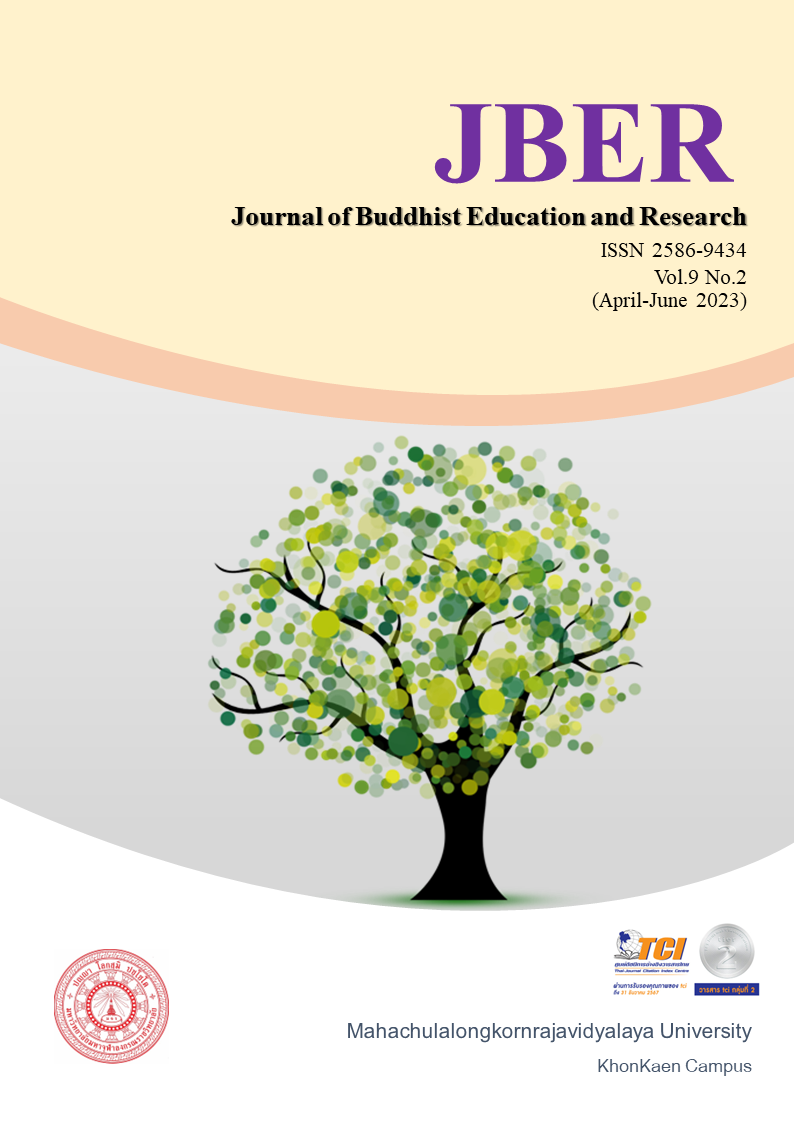Challenges and Innovations in Teaching Social Studies in Thailand: Bridging Tradition and Modern Pedagogies
Keywords:
Social studies, Thailand, education, pedagogy, innovationAbstract
This paper explores the challenges and innovations in teaching social studies in Thailand, focusing on the integration of traditional values with modern pedagogical approaches. The study identifies key challenges, such as the persistence of teacher-centered methods, rigid curricula, insufficient teacher training, and limited technological resources. In response, innovations like active learning, project-based approaches, the use of digital tools, and experiential learning models have been successfully implemented in some schools. The paper examines case studies of successful integration and offers strategies for overcoming challenges, including enhancing teacher training, advocating for policy reforms, and leveraging community resources. The findings highlight the need for a more flexible, student-centered approach to social studies education that respects Thai cultural values while preparing students for global challenges. Recommendations for educators and policymakers are provided to ensure continued progress in social studies pedagogy.
References
Chantavanich, S. (2020). Active learning and project-based approaches in Thai classrooms: A pathway to student engagement. Journal of Thai Education Research, 14(1), 54-70.
Chantrarat, S. (2019). The historical roots of Thai education: From monarchy to democracy. Journal of Southeast Asian Studies, 45(3), 112-129.
Lertchalerm, W. (2021). Educational reform in Thailand: From teacher-centered to learner-centered approaches. Journal of Thai Education Research, 13(2), 85-97.
Niratpattanasai, P. (2020). The role of culture in shaping the Thai social studies curriculum. Cultural Studies in Education, 19(1), 34-47.
Pongpiachan, P. (2019). The role of social studies in promoting national identity in Thai education. Journal of Educational Innovation, 18(2), 45-60.
Poonpipat, T. (2020). Rethinking pedagogy in Thai education: From traditional to digital learning. International Journal of Educational Technology, 22(1), 101-113.
Saengboon, S. (2020). Teacher-centered vs. student-centered: Examining pedagogy in Thai schools. Journal of Educational Studies, 16(3), 88-97.
Sakul, P. (2021). Social studies curriculum reform in Thailand: Challenges and prospects. Asia-Pacific Journal of Education, 41(4), 567-582.
Sukhatunga, T. (2018). The political influences on Thailand's social studies curriculum: A historical analysis. Asia-Pacific Journal of Education, 23(4), 101-116.
Suwannatrai, P., & Chumchon, S. (2021). Balancing tradition and innovation in Thai classrooms: A study on experiential learning. Journal of Learning and Teaching, 9(2), 34-52.
Downloads
Published
How to Cite
Issue
Section
License
Copyright (c) 2023 Author(s)

This work is licensed under a Creative Commons Attribution-NonCommercial-NoDerivatives 4.0 International License.





